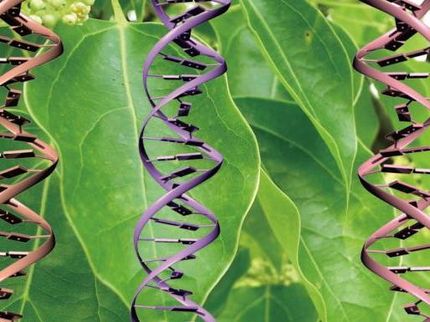Gallbladder cancer may be linked to estrogens, says UH team
Further research could lead to new drugs, determining risks
Advertisement
A very aggressive disease with a poor prognosis, gallbladder cancer may be connected to higher exposure to estrogens, according to a group of researchers at the University of Houston (UH). Dr. Jan-Åke Gustafsson, Robert A. Welch Professor in UH's biology and biochemistry department, described his team's findings in a paper titled "Estrogen-dependent gallbladder carcinogenesis in LXR(beta)-/- female mice" appearing in Proceedings of the National Academy of Sciences.
"For the first time, we show in this paper that the absence of liver X beta receptors, or LXR(beta) in a complex interplay with estrogens, induces gallbladder cancer exclusively in female mice," Gustafsson said. "Interestingly, the elimination of estrogens prevents the development of tumors in this animal model."
In the study, the team found that chronic inflammatory gall bladder disease characteristic of LXR(beta)-/- mice, led to gallbladder lesions that developed and evolved into cancer in older female mice. It is known that metabolic and hormonal alterations have been associated with this invasive disease, and LXR(beta); is a sensor for cholesterol derivatives. By removing the ovaries and reducing estrogen levels, the researchers were able to prevent the development of tumors in LXR(beta)-/- mice.
There are many crucial clinical implications resulting from these findings. First, drugs that decrease the level of estrogens might be added to the conventional treatment of gallbladder cancer. And, in the long term, pharmacological activators of LXR(beta) could become potential new anti-cancer drugs that may reduce or regulate the proliferation of gallbladder cells.
Additionally, in looking at families affected by hereditary gallbladder cancers, this research could shed light upon mutations in the sequence of LXR(beta) that may be responsible for this particular cancer, indicating a higher risk for this disease. This, in turn, could one day be used to determine individual risks.

























































